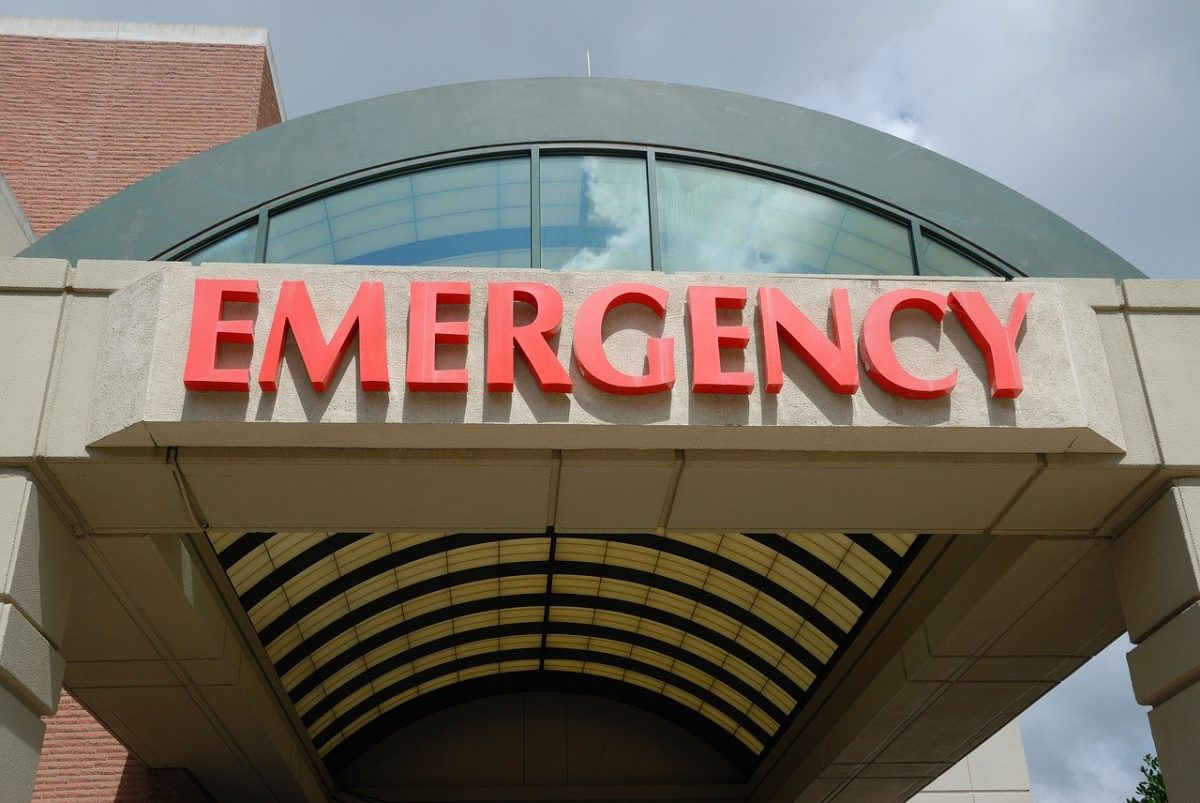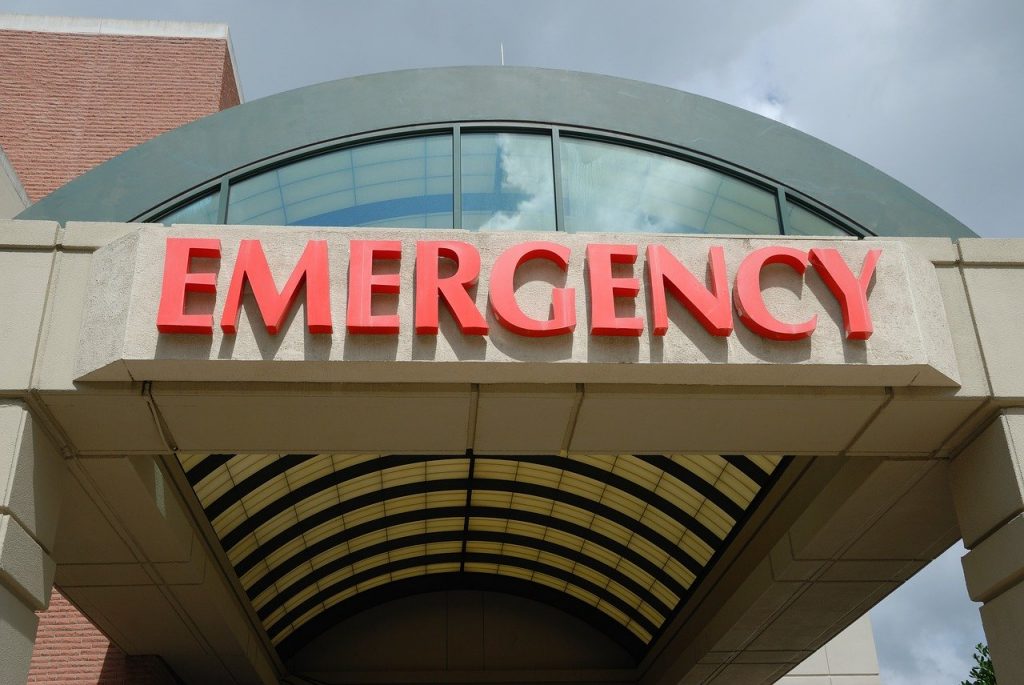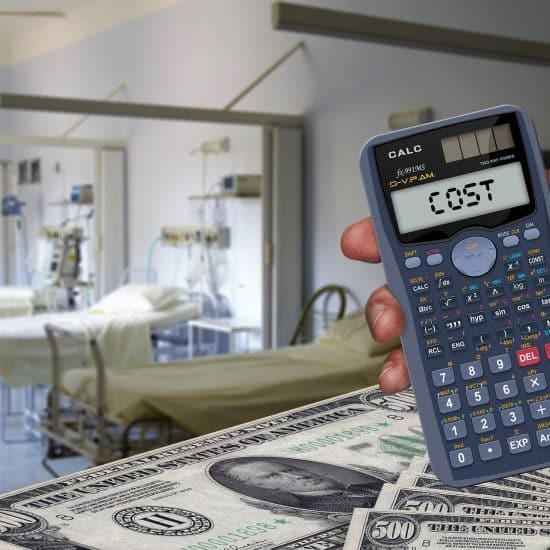

Image by Paul Brennan from Pixabay
Around 34 million adults in the United States know someone who has died in the past five years as a result of not having funds to pay for treatment, according to a Gallup report published Nov. 12.
This represents 13.4% of the adult population.
“These results are not meant to quantify the number of people who have died after not being able to pay for medical treatment, including prescription drugs, but rather the number of people who report knowledge of a death under such circumstances,” the report said.
People of color were more than twice as likely as white respondents (20.3% compared to 9.6%, respectively) to say they knew someone who “passed away after not receiving treatment for their condition due to their inability to pay for it.”
Lower income respondents were most likely to know someone – 18.5% of those with less than $40,000 in annual household income, compared to 11.1% of those with $40,000 to $100,000, and 9.1% of those with $100,000 or more.
Independents (16.4%) and Democrats (14.8%) were more than three times as likely as Republicans (4.9%) to know someone who died due to not being able to afford needed treatment.
When asked about their ability to afford prescription drugs, 22.9% of respondents (representing 58 million adults) said that their households had a time in the past year when it was unable to pay for medications.
“This percentage has increased significantly, from 18.9% in January 2019 to 22.9% in September,” Gallup said. “The increase reflects a marked rise among women of over 5 percentage points to 27.5%, widening the gender gap to over 9 points when compared with the 18.1% rate for men.”
A strong majority (69%) of all respondents said prescription drugs are “usually much higher than what consumers should be paying.”
By comparison, 20% felt that they “tend to be somewhat higher,” 9% that they “are about right,” 1% that they “tend to be somewhat lower” and 1% that they are “usually much lower than what consumers should be paying.”
This data “underscores the urgency of the U.S. healthcare cost crisis,” the report said. “These realities starkly highlight the significant practical implications of drug prices on U.S. residents, as well as the effects of healthcare policy action – or inaction.”
The full report is available here.
This article originally appeared on EthicsDaily.com.


